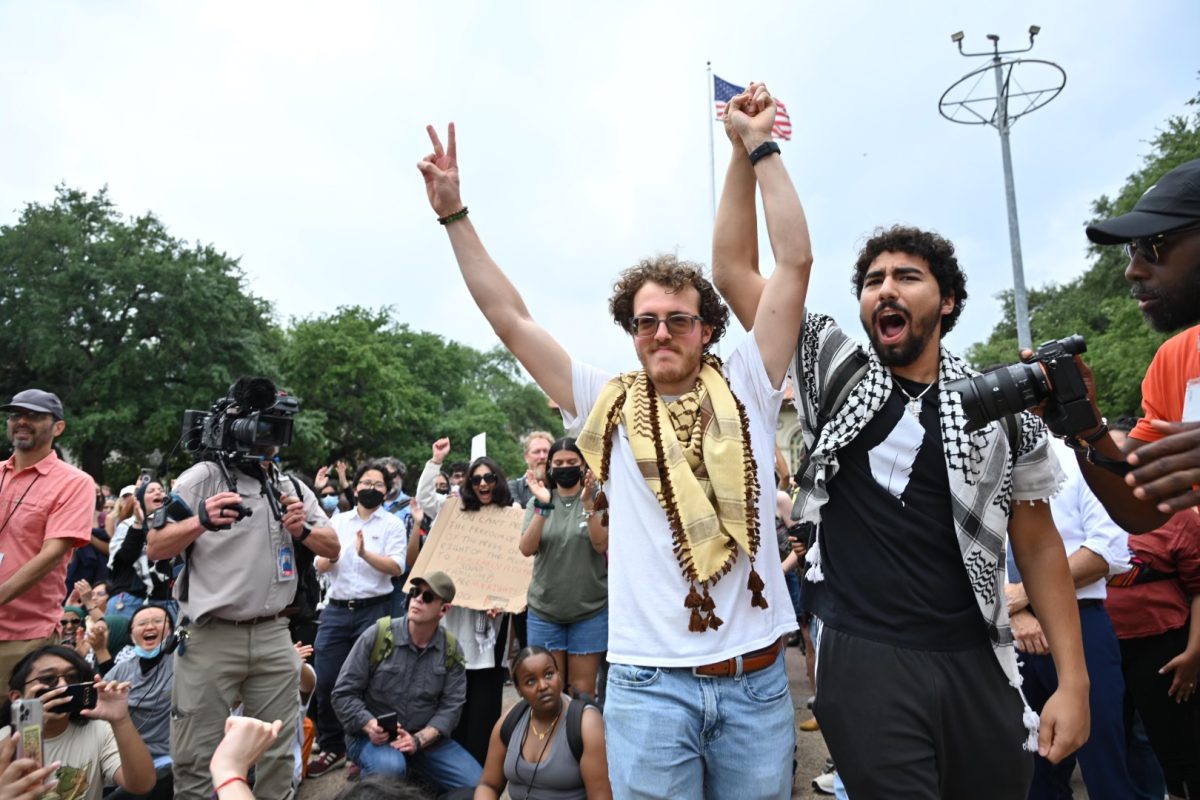A New York Times reporter who interviewed former NASDAQ chairman and financial criminal Bernie Madoff said Madoff was able to perpetrate an international Ponzi scheme in part because of his unique approach to potential investors.
Diana Henriques, senior financial writer at the New York Times, spoke to about 150 people as part of a symposium on law and financial markets hosted by the School of Law.
Madoff’s Ponzi scheme was more successful than most partially because of his laidback, unassuming personality, Henriques said.
“Instead of trying to impress you, Madoff seemed impressed by you, and what could be more seductive than that?” Henriques said.
Unlike most Ponzi schemes, Madoff exploited his investors’ fear rather than their greed, which allowed him to offer plausible returns, Henriques said.
“It was a brilliant innovation, one that was perfectly timed to benefit from the growing anxiety that a generation trying to save for retirement, a generation terrified by an increasingly complex marketplace, was confronted with,” she said.
Henriques said the Madoff scandal showed the limitations of the current financial system that requires corporations to publish a lot of information about their financial performance when investors who can’t understand the information must rely on experts like Madoff.
“Everyone invested in Madoff primarily as a leap of faith, blind faith in someone they had decided to trust for reasons that had nothing to do with the full disclosure and the fine print that our regulators think would keep us safe,” she said.
The symposium on Friday was held to honor the first recipient of the Massey Prize for Research in Law, Innovation and Capital Markets, a $50,000 award the School of Law will give every two years.
The first Massey Prize was awarded to Robert Litan, the vice president for research and policy at the Ewing Marion Kauffman Foundation in Kansas City, Missouri. The Massey Prize Selection Committee chose his work, which explained the causes of the 2008 financial crisis, from about 86 submissions, said Massey Prize director Matthew Spitzer.
“He writes highly organized, analytically sound books and articles which are simultaneously accessible to a lot of people,” Spitzer said.
Spitzer said the symposium would help attendees understand issues in the financial marketplace, which is critical given the current state of the economy.
“In 2008, we had a worldwide financial cataclysm which produced a whole bunch of misery for a lot of people,” he said. “We’re still at 10 percent unemployment. We’re still feeling the effects of this.”
Law student Veronica Chidester said she was impressed by Henriques’ ability to speak to a broad audience on complex financial issues.
“She simplified the financial discussion enough to where I could understand it, which was nice,” Chidester said. “I really liked how she talked about the human element, about trusting others, because it really made us connect to the victims.”
Printed on Monday, November 14, 2011 as: Reporter discusses financial markets




















